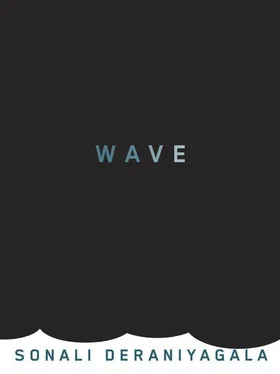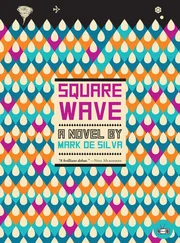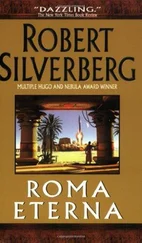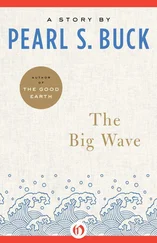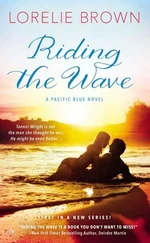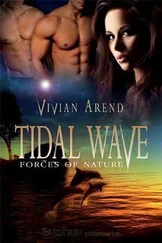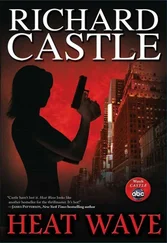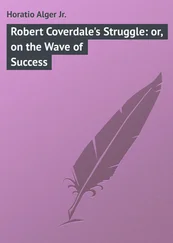More than an hour later, we are still in conversation. “And another thing,” he says each time I stand up to leave, and his wife smiles at me in apology. “I’m sure she wants to go to her room, dear,” she keeps telling him, but he takes no notice. He is curious. How do I find it, traveling alone like this? I say, fine. He is persistent in seeking my opinions. So I am from London, did Turner live his entire life by the Thames, walking by the riverside? As an economist, what do I think of the Great Recession, the stimulus package, the euro, how do I explain the economic success of the Jews? And he disagrees, at great length, with all my answers.
This I find endearing. Familiar also. In Sri Lanka I know lots of contrarian characters like him, uncles, fathers of friends, charming for all their rants and their grouchiness. What a smart, cheerful young woman you are, he keeps remarking. (I assure him I am not young, but that he ignores.) He is so enjoying our chat, he feels he knows me well, I must promise to keep in touch. It’s turning chilly out here now, I bid goodnight, again. He kisses me on both cheeks and says, “I don’t know what’s wrong with young men these days, a lovely young woman like you, you shouldn’t be single.” I don’t respond. He must think he’s made some blunder. “Oh, oh, have you ever been married?” he asks. I would normally have said no and left.
But the drinks have made me mellow, and I have this new ease, and that makes me honest, so I say, “Yes.” “Was your husband English?” “He was.” “Aah, that was the problem, you see. You should have married a nice Jewish boy, this would never have happened.” I pause for a moment, then understand. The this is me being dumped by some useless English scoundrel.
Hang on. I am really not one for telling. But I must defend Steve. “It’s not because he is not Jewish ,” I blurt out without thinking. “It’s because he is dead .” What have I just said? I stun myself with my own words. Dead? My new friend looks so sorry, the poor man. And he doesn’t even know the half of it.
NEW YORK, JUNE 22, 2012
I trip up constantly, between this life and that. Even now, seven years on. A rush of footsteps in the apartment above me is all it takes. It brings me at once into our home in London. I think it’s the boys, upstairs, another scuffle. “Knock it off,” I almost shout. “I’m trying to, Mum,” I hear Vik, ribbing me, as he aims a ball at his brother’s head. Then I have to accept that I don’t have them. I am in New York.
But our banter doesn’t subside in me. This is very different from those early months after the wave, when all I heard was a sudden whisper, some snatches of sound. Their voices have doubled in strength now, not faded with time. Their chatter plays with my thoughts no end. And I am sustained by this, it gives me spark. I often think I utter Steve’s words, not mine. Or at least that’s my excuse.
It used to startle me. The sudden realization of not having them, of being alone here in New York. I’d find myself gasping violently as I stood outside my apartment building in the West Village. I am here because they are gone ? That was when their absence, as well as their realness, was wavering and suspect. It’s different now. I know it is true that they are not here. An unfathomable truth, but maybe I am more accustomed to it.
New York has given me the distance from which I can reach for my family. From here I travel back and forth to London and Colombo, rediscovering us. And I can absorb my findings free from the fear of always colliding with the too familiar — the milkman, a Sainsbury’s wine gum wrapper, Camden Town. When I first came to this city, I would wander along Doyers Street with its quiet row of barbershops that seem from a bygone age, and my mind would slowly unclench, and allow in glimpses of us.
Last evening I walked downtown along the Hudson at sunset, as I often do. I stopped on the boardwalk on Pier 46 to watch the orange light. There was a canopy of hysterical gulls over my head, the birds were spinning and swerving, no end to their agitation, it seemed. And standing there, I could enter another vista, see another river. The four of us on a Saturday afternoon at Butler’s Wharf, by the Thames. I am impatient, shooing along the boys who are dillydallying in the drizzle because they think Tower Bridge is about to open, any minute now. I could hear it, the chords of my sons’ protests, Steve’s elected silence, much better to let me be the spoiler of all fun.
More and more now I keep my balance while staring into us. And I welcome this, a small triumph, it lights me up.
But of course, it also shifts, this equilibrium. This morning I sip my coffee on a bench in St. Luke’s Garden in the West Village, where the early summer light froths on the hydrangeas and foxgloves. Such an English garden, this. I notice the whiff of a dead insect on my fingers, one of those tiny mites that skid the air and become a smudge on your hand as you wave it away. This transports me instantly to our garden in London which teems with these midges in warmer months. And I see us, idling after breakfast on the patio on a Sunday morning. I pester Steve to massage my neck. I hear Vik, with deepening voice, now fifteen. Then I lurch into what I am missing.
I am immersed in another reality. Our life, as it would be today. When I’ve trespassed here through the years, I’ve kept my projections imprecise. But lately the details of how we would now be have come striding in, lucid, quite exact. My alertness to the “us now” is so immediate, it’s as though I’ve only just been torn from our life.
I know it intimately. My world, if I had them. The rip, the clamor, the colors, the milestones, the odors, two teenage boys.
This is treacherous, my alertness to what will never be. I want to stifle it, somehow.
Seven years on, and their absence has expanded. Just as our life would have in this time, it has swelled. So this is a new sadness, I think. For I want them as they would be now. I want to be in our life. Seven years on, it is distilled, my loss. For I am not whirling anymore, I am no longer cradled by shock.
And I fear. Is this truth now too potent for me to hold? If I keep it close, will I tumble? At times I don’t know.
But I have learned that I can only recover myself when I keep them near. If I distance myself from them, and their absence, I am fractured. I am left feeling I’ve blundered into a stranger’s life.
I am also split off from myself when I don’t reveal. It’s like I’m in a witness protection scheme, I’ve often thought of my life in New York. I needed this, a cover-up, when I was stunned. But it is different now. I suspect that I can only stay steady as I traverse this world that’s empty of my family when I admit the reality of them, and me.
For I am without them, as much as I am on my own.
And when I hold back this truth, I am cut loose, adrift, hazy about my identity. Who am I now?
There was a thunderstorm last night, so this garden is perky, and my bench is wet. I see damp mornings on our lawn in London, Malli picking a dandelion, sticking it in my hair.
And now I remember. How Malli would describe and define me. And how I’d protest.
“We are three boys and one girl, three boys and one girl,” he’d say, explaining his family, working out our composition as he hopped across the paving stones on the patio. Then he’d recite our names, even referring to himself as Nikhil, his given name, and not Malli, as he was always called. “Stephen Lissenburgh, Vikram Lissenburgh, Nikhil Lissenburgh, and Mummy Lissenburgh.” He’d announce us with aplomb.
Mummy Lissenburgh? I’d roar in exaggerated objection. My new credentials. Me having no identity without these three boys to whom I was merely tagged on. “Malli, why do you get both my names wrong? You got everyone else’s right. That’s not me.”
Читать дальше
